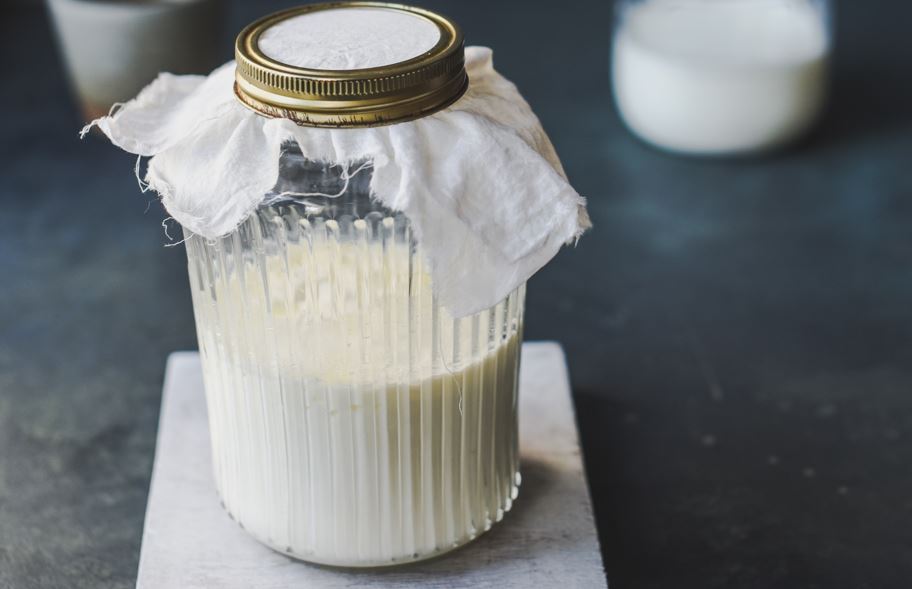Gut bacteria are important in many aspects of health, and “mental” health is no exception. Recently, a research team from the University of Basel in Switzerland showed that probiotics not only assist the action of antidepressants, but also help relieve depression. The findings were published in the Nature series of professional journals, Translational Psychiatry, in June.
Depression is a disease of the brain
Depression is definitely not just a “bad mood”, it is actually a brain disease, manifested in psychological, emotional and other symptoms and accompanied by physical symptoms. When it worsens, it will seriously interfere with daily life, work, study, sleep, diet, etc., and even cause the patient to commit suicide.
At present, the treatment effect of depression is not satisfactory. More than half of the patients with unsatisfactory effect belong to “Major depressive disorder”. Researchers are actively seeking to improve existing treatments and develop new treatments, hoping to break through the predicament of treating depression.
One of the promising directions is the regulation of brain function with probiotics.
Origin of research idea
It has been known from previous studies that the proportion of patients with depression who have digestive tract diseases is higher than that of the general population; if the intestinal bacteria of patients with depression are implanted into experimental mice, the animals will also have symptoms of depression, such as lack of energy, loss of appetite, and anxiety about their surroundings. Lack of environmental interest, etc.
A US-China multinational collaborative study found that patients with major depression and healthy subjects have up to 47 differences in gut bacteria.
In addition, some studies have shown that those who take probiotics have a lower rate of mild to moderate depression. So the researchers hypothesized that supplementing with good gut bacteria might help antidepressants improve their condition.
Probiotics + Antidepressants, Better Effectiveness
In this study, researchers led by Dr. André Schmidt and Prof. Undine Lang systematically investigated the effects of probiotics on the treatment of depression.
All subjects participating in the clinical trial were inpatients at the Psychiatry Clinic of the University of Basel and were given probiotics (21 subjects) or placebo (26 subjects) for 31 days in addition to antidepressants, and received Neither the subjects nor the researchers knew which group the subjects were assigned to.
The researchers conducted a series of tests on the subjects before treatment, at the end of treatment, and after 4 weeks.
The results showed that depression symptoms were reduced in all patients, and more importantly, the subjects who were given more probiotics had significantly more improvement,
The depression symptom relief rate was 55% in the experimental group taking probiotics, compared to 40% in the control group.

How probiotics can help fight depression?
More than 70% of the immune cells in the human body are located near the intestinal tract. When there are fewer good bacteria in the intestinal tract and bad bacteria grow, it is easy to affect the immune system and induce chronic inflammation in the body.
The body is in a state of inflammation for a long time, and the blood vessels, nerves and other tissues will gradually accumulate and damage. Over time, brain lesions will become one of the causes of depression.
Conversely, supplementing with probiotics can improve the composition of the gut microbiome, “drive away” bad bacteria, reduce inflammatory factors, and help the body develop in a healthy direction.
Epilogue
Although human beings claim to be the spirit of all things, they cannot exist beautifully independently of all things, because human beings and all things are in an interdependence relationship. Tiny bacteria and immature viruses have played a pivotal role time and time again in human history.
In this light, it may not seem surprising that probiotics can affect your health. Besides, the cluttered environment is already annoying enough, how can one not be “depressed” when the body is full of bad bacteria?
First Image Source: unsplash




